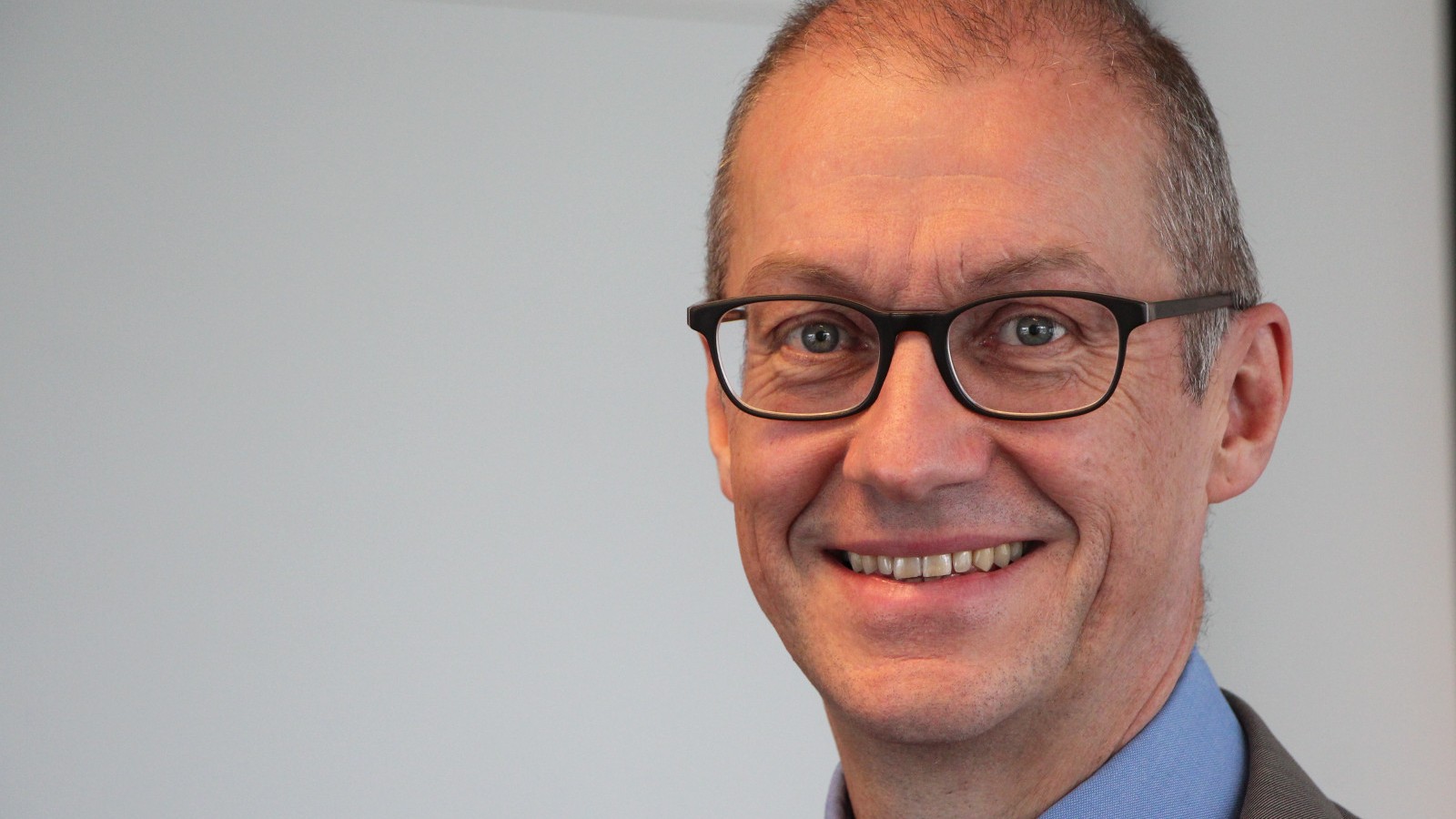The Eurocadres blog
How do you see the higher education landscape in the future? And how can we support you?
The higher education landscape is changing, and changing rapidly.
To cite just three current challenges:
Digital technologies are transforming how, what, who and even where we learn and teach, as well as how universities interact with each other. Academic staff need new pedagogical skills, as more programmes go fully online, often with a huge global audience, along with almost ubiquitous blended learning.
Academic staff need new pedagogical skills, as more programmes go fully online, often with a huge global audience, along with almost ubiquitous blended learning.
We are exploring how to support institutions in incentivising high-quality teaching and are funding, through Erasmus+, the EFFECT project, which is a feasibility study into the establishment of a European teaching academy.

The globalised, high-tech economy means that the economic and social environment for which academic staff must prepare students and researchers, and in which they must embed research and innovation, is evolving.
This is creating an increasing need for high-level skills, for critical thinkers and for problem solvers. I believe we need more inter-disciplinary and inter-sectoral cooperation, as well as a research focus in all levels of education, to help develop these skills. We are also keen to deliver more seamless cooperation between higher education and research at the European level.
This is creating an increasing need for high-level skills, for critical thinkers and for problem solvers.
It is also important to highlight, as seen through the increased numbers of people seeking asylum in Europe, that both staff and students, through their engagement within their community, play a crucial role in integration.
This is not only integration for these most recent arrivals, but also through outreach to other under-represented groups and through openness to diversity and debate. Recognising the need to support staff in this area, we provide regularly updated information on best practice and initiatives.
At the European Commission, we will continue to support everyone involved in higher education in managing these challenges and others. For the past few months, we've been consulting people about the review of our 2011 modernisation agenda for higher education, to ensure that it continues to provide a relevant and useful policy framework. We are now analysing the results and aim to publish a renewed strategic agenda in September.
We have pinpointed three areas which we think will be important for the next agenda:
- How can we support our universities and colleges to deliver learning and teaching that is relevant for our societies and economies, present and future?
- How can we maximise the potential of our higher education institutions to drive innovation and economic and social growth in our regions?
- And how can we help them to bring teaching and research back together again, to make them mutually reinforcing in the life of every student at whatever level? At European level, how can we improve the links between the European Higher Education Area and the European Research Area?
I look forward to providing an update on developments at a later stage.

The author
Adam Tyson
Head of Higher Education, Modernisation Agenda and Erasmus, European Commission
